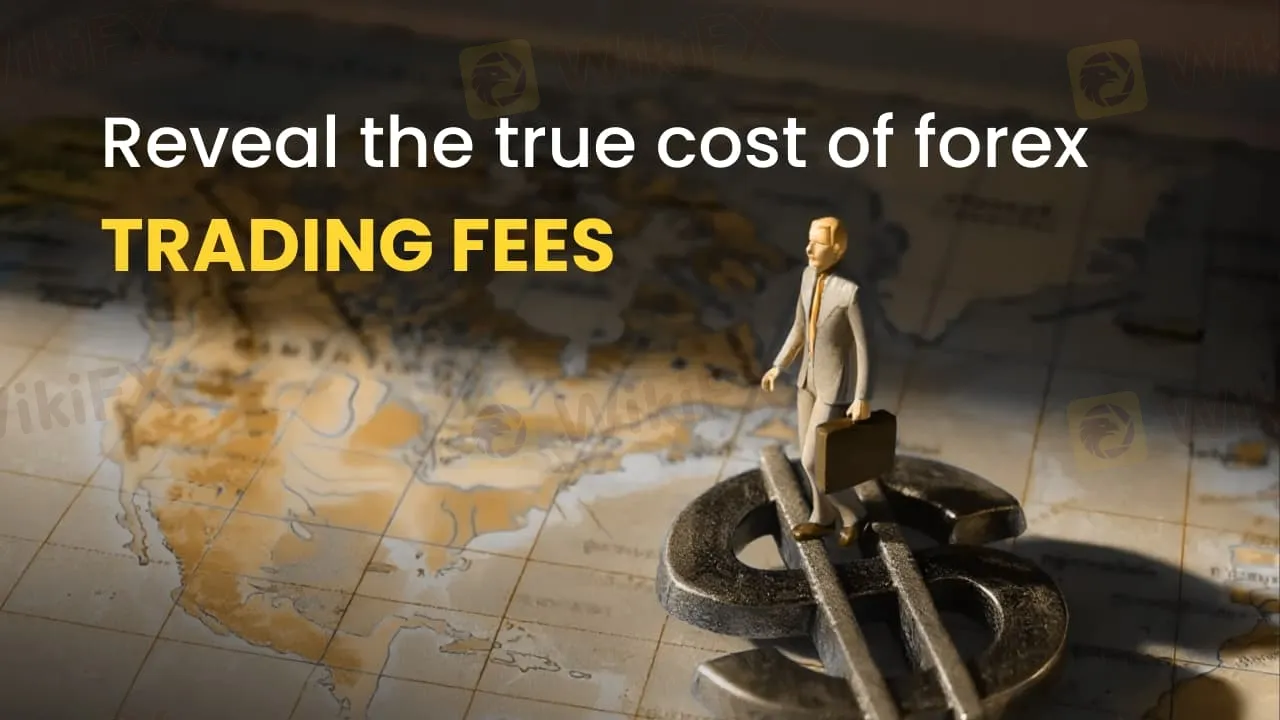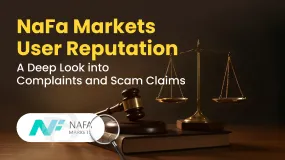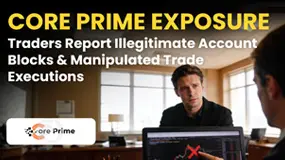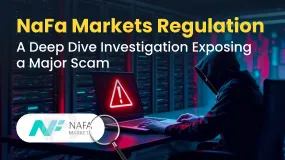Abstract:Potential profits and market opportunities are usually the most focused factors for traders in the forex market. This article focuses on explaining how small fees add up over time and affect profitability.

Potential profits and market opportunities are usually the most focused factors for traders in the forex market. This article focuses on explaining how small fees add up over time and affect profitability.
Breaking Down Forex Trading Fees
Forex brokers typically earn money through several spreads, commissions, swap fees, and additional fees.
Spreads: The difference between the bid and ask price of a currency pair.
Commissions: A fixed fee per lot traded, usually in ECN or low-spread accounts.
Overnight/Swap Fees: Charged when positions are held overnight.
Additional Fees: Including withdrawal charges, inactivity fees, or currency conversion costs.
How Fees Add Up in Practice: Example in Reality
If a trader decided to invest in Exness, Exness offers tight spreads as low as 0.1 pips on EUR/USD in its Raw Spread account, but charges a commission of $7 per lot. A scalper executing 50 trades in a month (1 lot each) would pay:
- $7 x 50 trades = $350 in commissions alone.
- If spreads average 0.1 pips, that adds roughly another $50.
- Total monthly cost: $400, excluding swaps.
At first glance, commission-based accounts may seem expensive, but depending on your trading style, they can save you money over time.
The Hidden Impact of Overnight Fees
For swing traders, overnight swaps can become a silent cost. For example, a forex broker charges positive or negative swaps depending on interest rate differentials. Holding a standard 1-lot EUR/USD trade for 10 nights could cost around $40–$60 in swaps, depending on market conditions. This may not seem much, but compounded over a year, it adds hundreds of dollars.
How Fees Affect Profitability
Imagine a trader generates an average monthly profit of $1,500. If trading fees account for $400–$700 of costs, thats 27–47% of profits lost to fees. Over a year, this could mean thousands of dollars in reduced net returns.
Particularly, High-frequency traders, though less affected by spreads, cannot ignore swaps and hidden costs.
Minimizing Forex Trading Costs
- Choose the Right Broker for Your Strategy – WikiFX offers a good way for traders to choose a suitable broker. Traders may benefit from low-spread, commission-based brokers, as WikiFX offers broker details.
- Compare Swap Rates – Especially for swing or position trading.
- Watch for Hidden Fees – Withdrawal charges and currency conversions can reduce net gains.
Conclusion
The true cost of forex trading fees is important because it contains some small fees that you may ignore initially. What seems like a fraction of a pip or a minor overnight charge can accumulate into thousands over time. Traders who want to maximize profitability must go beyond headline spreads and compare the all-in costs across brokers.
By revealing and understanding these hidden costs, traders can make informed choices, align with the right broker, and ultimately keep more of their profits.










